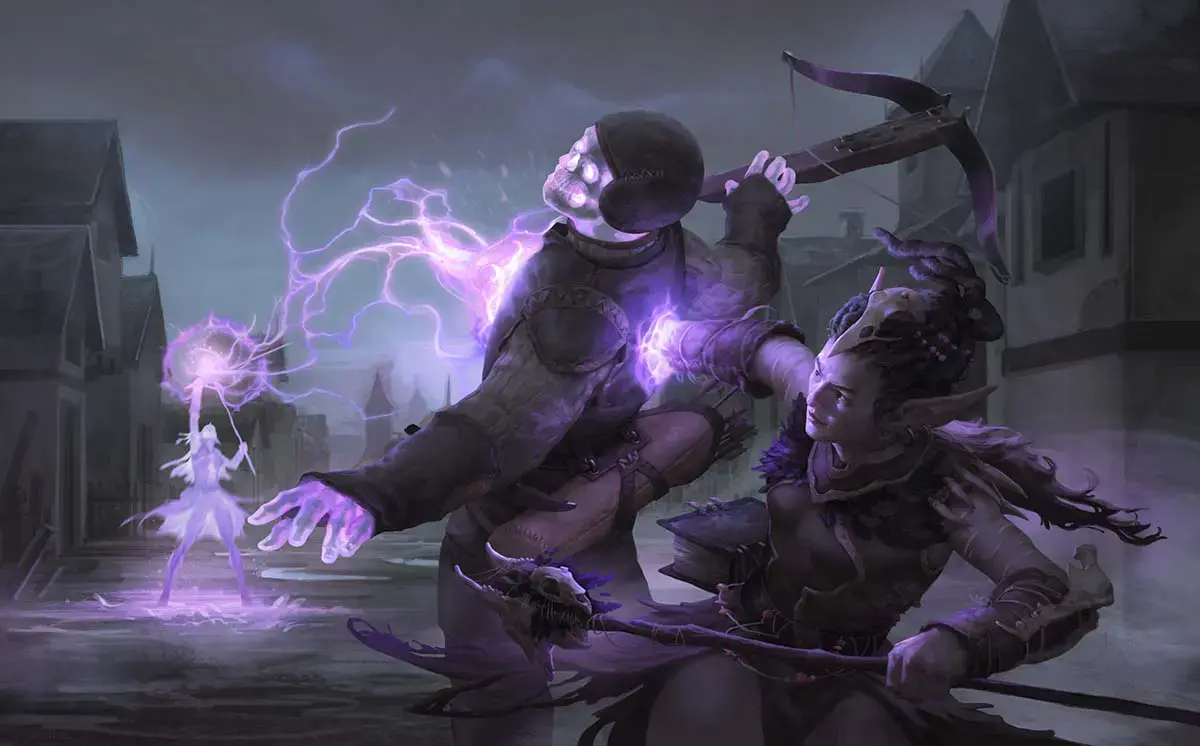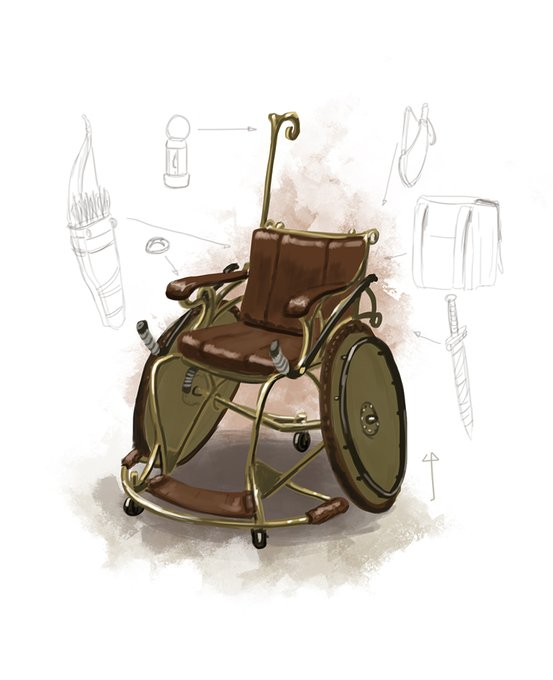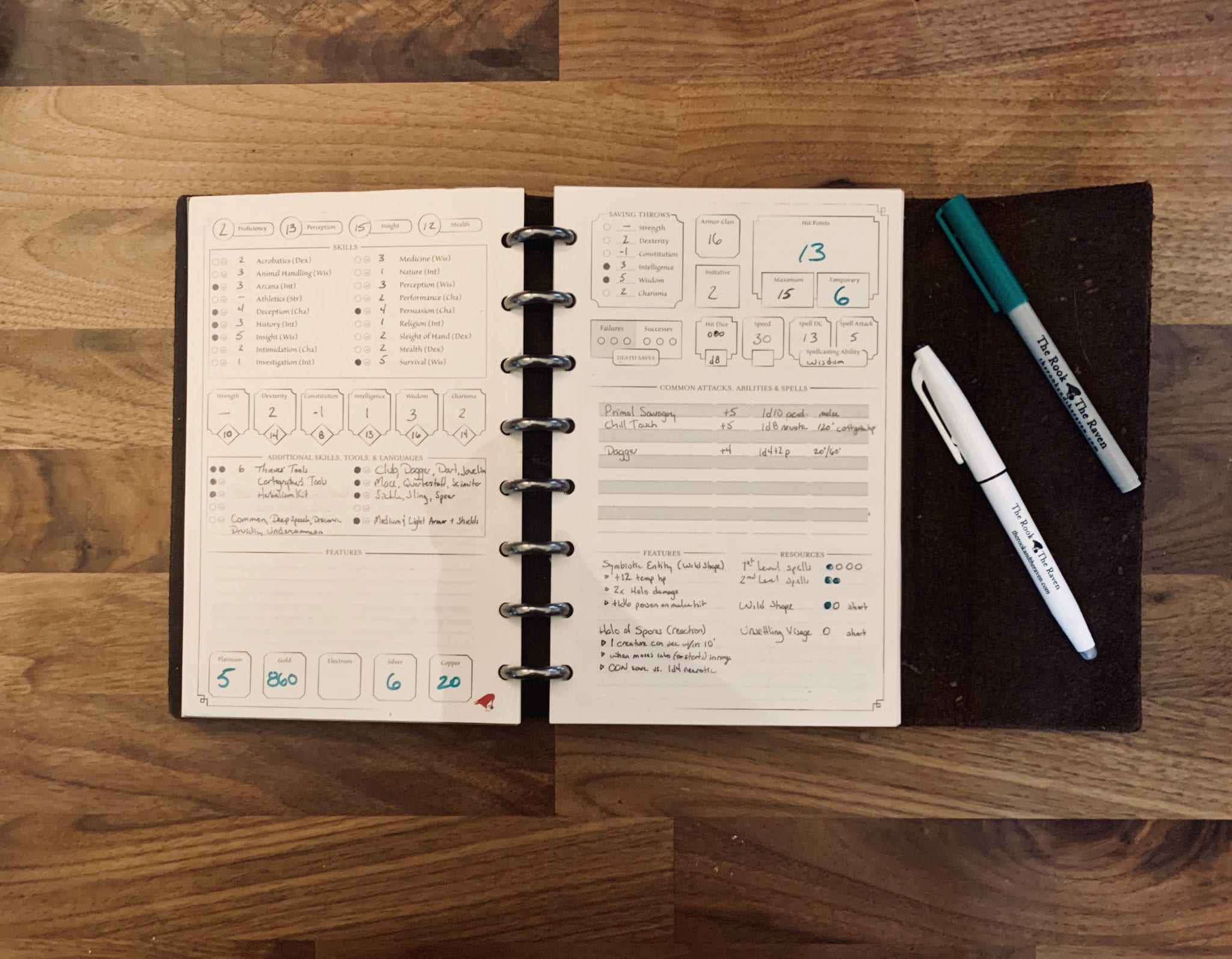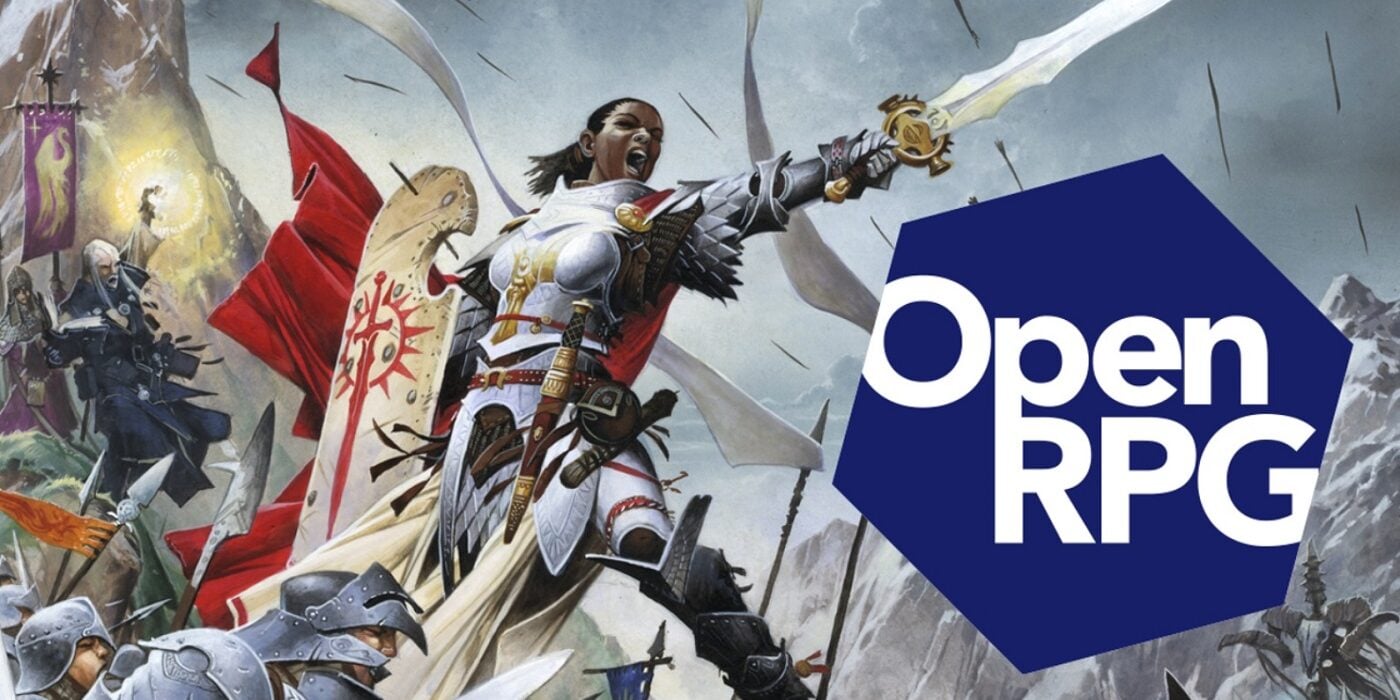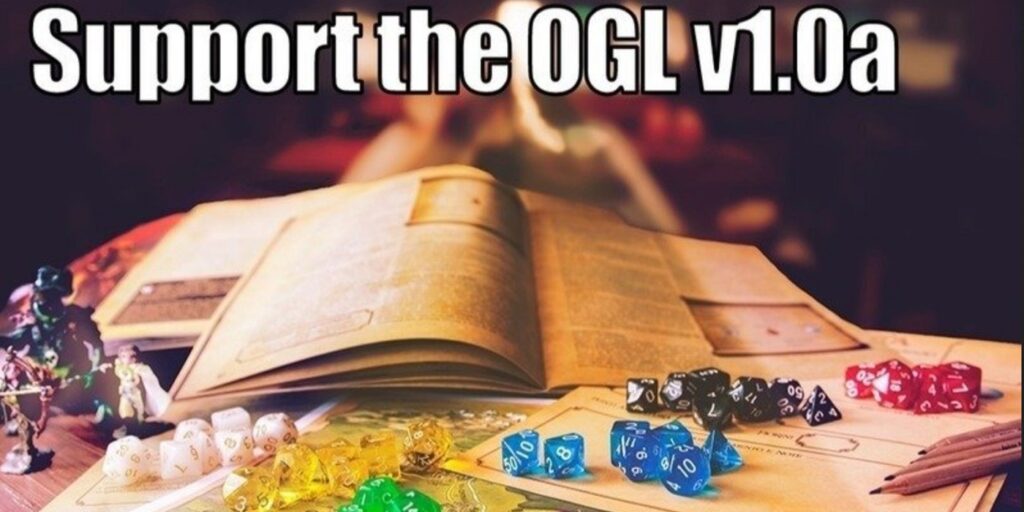The OGL 1.2 Has Already Changed the RPG Industry – Here’s How
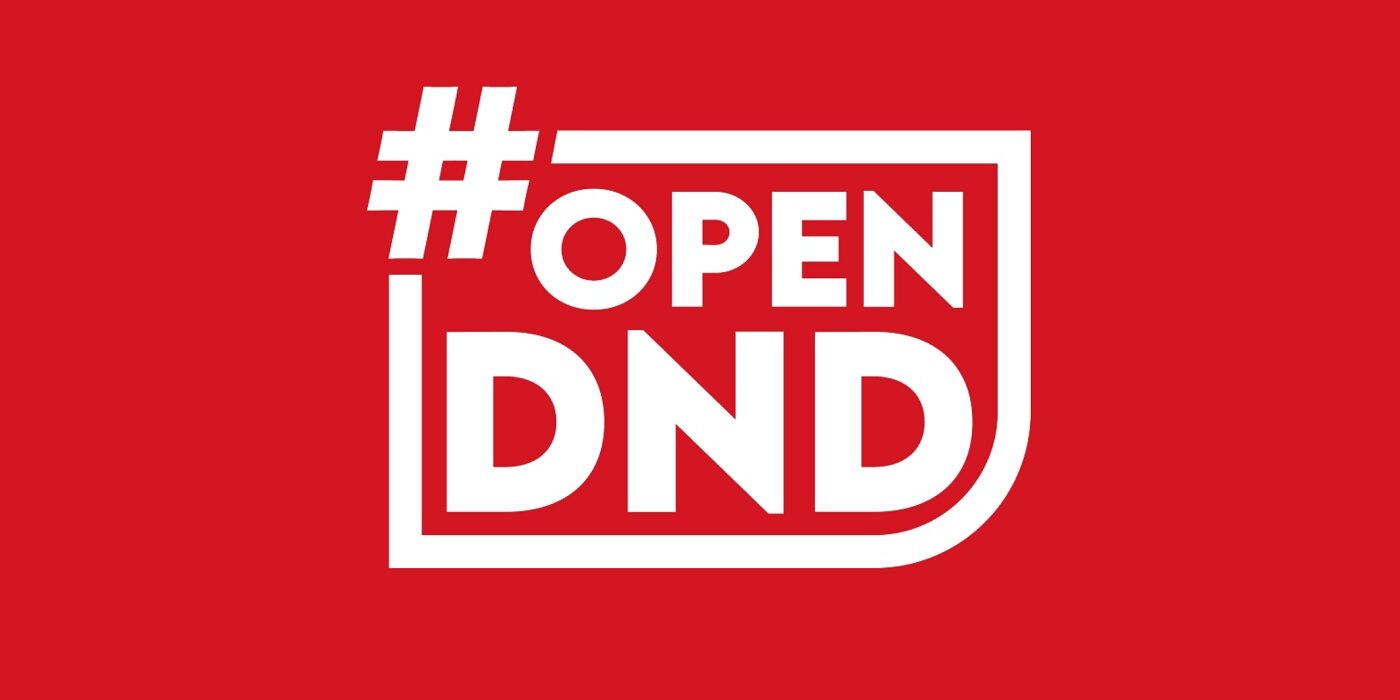

For better or worse, the OGL saga has already caused massive impacts in the tabletop RPG world. Here’s a look at some.
The last three weeks have been a whirlwind, as the OGL saga has swept through the tabletop RPG community. The dust shows no signs of settling, but already, we’re starting to see some of the effects.
From projects that have been paused for the near future, to vendors cutting ties with WotC, there’s been a massive shakeup in the industry. What happens next is anyone’s guess. But with open licenses on the horizon, here’s just a small look at how the tabletop industry has already changed.
How The OGL Has Already Changed The Gaming Landscape
It started in December 2022, with rumors of a massive change to the OGL forthcoming. Amid these rumors, some publishers quietly started reevaluating their production schedules. But then in early January, when details of the proposed OGL 1.1 leaked via io9 and Gizmodo, the effects on the industry were palpable.
And not just in the form of broken trust and community outrage. There have been some very real, material decisions made as a result of the proposed changes. Even in the wake of WotC walking back many of their changes, the TTRPG landscape is changed.
Here’s a look at some of the impacts we’ve seen. And with the situation developing, it’s likely these aren’t the only ones we will see.
Ghostfire Gaming Looks At Alternate Plans
Ghostfire Gaming, publishers of 5E products like the Dungeon Dudes’ Dungeons of Drakkenheim, mega-adventure, and the Grim Hollow campaign setting, announced that they would be finishing their current Kickstrter projects under 5E and the OGL 1.0a (as long as that remains possible), but going forward, weren’t certain they could continue making 5E products:
“Going forward we believe, like so many of our friends have stated, that open gaming makes the TTRPG publishing space stronger, resilient, and agile for creators of all levels. The principles of the open gaming license have helped expand the fanbase, foster amazing work and talent, and are central to the long-term survival of TTRPG’s.
Because of the chaos surrounding the exact terms of a new OGL, we have no choice but to make alternate plans for our future products. We’d love to continue making 5e-compatible products, but within the chaos is born new opportunities and innovations. We will be talking to those in the Ghostfire family and other third-party friends to find the best way forward with our remarkable community and the hobby we love. Whether that is finding a different Path, or sailing under a new Flag – it’s still being discussed, but it will likely involve the Open RPG Creative License (ORC). This new system-agnostic license is a work in progress. However, the direction is clear and a strategy is in place with a huge network of talented individuals participating.
The Combat Wheelchair Drops D&D Support
Meanwhile Sara Thompson, writer for The Witcher RPG and developer of the Combat Wheelchair announced on Twitter that the supplementary material which added rules for running a hero using a magical mobility aid suited for adventurers, would be “moving to Pathfinder 2E.”
The original material will still be available, at least for now, but future support and content will likely be developed for Pathfinder, and not future D&D products.
Thompson is one of many creator voices pointing out the flaws in the OGL 1.2. In particular, the clause that prevents creators from defending their work should WotC decide to shut it down.
The Rook and Raven Cut Ties With WotC
From earlier in the saga, developers of fine character sheets, gaming notebooks, and much more announced they were cutting ties with WotC. Though it wasn’t just the OGL 1.1 leaks that prompted the decision. Their story, as they put it, is “a little different than most”:
From our very first D&D compatible notebook back in 2017, we have always been careful to design all of our products so that they would not fall under the Open Gaming License (OGL). That’s why we are able to say that our products are compatible with Dungeons & Dragons or that we offer page packs for Dungeon Masters.
Among other small details, the OGL expressly forbids you to use those “protected” terms anywhere in your product and marketing — that’s the reason that amazing creators like Kobold Press can only say their supplements are “5e compatible”
The Rook and Raven’s notebooks have been designed without using any of WotC’s IP. On their Twitter feed, they posted more details:
In light of recent events, cancelling our @DnDBeyond subscriptions didn’t feel sufficient
We have also formally withdrawn from all licensing negotiations with @Wizards / @Wizards_DnD / @Hasbro#OpenDnD pic.twitter.com/KQJInksmAY
— The Rook & The Raven (@therooktheraven) January 13, 2023
Including stating that WotC had been issuing “not-very-veiled threats” to their business “every few months by video chat, phone, and email since 2019.”
The ORC License Garners Support
Alongside all of this, Paizo launched an open gaming initiative that has quickly picked up much community support. The Open RPG Creative License, or ORC, or if you’re me, ORCL, has more than 1,500 publishers, creators, and community figures pledged in support of it.
Designed by a third-party law firm, and operated/owned by a nonprofit entity apart from any company, the ORC license, has a lot of promise for many in the industry. Though it, like the forthcoming OGL, is still in the works. We’ll have to wait and see what exactly that means for the industry.
But with multiple new systems in development and looking to the ORC for their licensing, it seems that the landscape has changed. And will likely continue to, rapidly, as the story develops.
We’ll keep you updated as the saga continues

